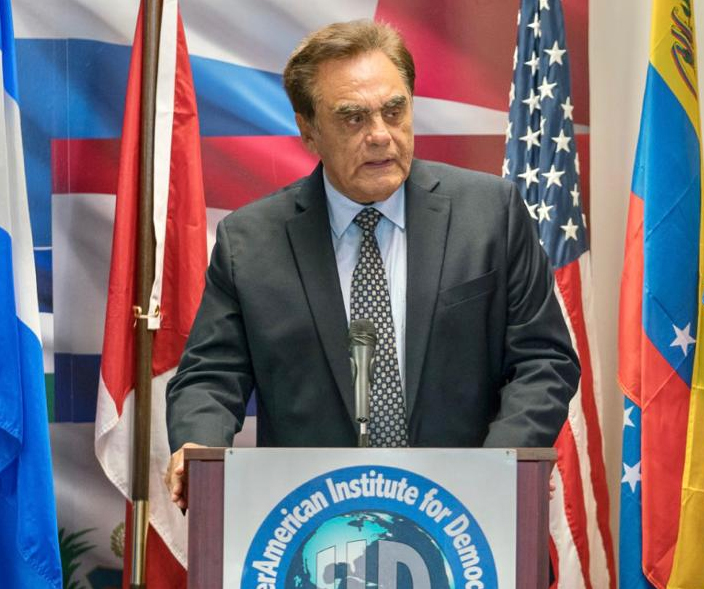Murder in Russia

By: Luis Gonzales Posada - 23/09/2025
Share:
The main and staunchest opponent of the satrap Vladimir Putin, whom former US Secretary of State Madeleine Albright describes as "a short, sallow, and so cold he resembles a reptile," has died, or rather, been assassinated.
Alexei Navalny died at the age of 47 in a leper colony in the Arctic Circle, where he was confined for denouncing the regime's corruption and the repression of democratic opponents.
His life was a civic epic due to his admirable, courageous and active fight for freedom.
He was arrested in 2012 for leading large protests against the fraud in the presidential elections. He was placed under house arrest in 2014 and 2015, and imprisoned again in 2019. In 2020, while returning from Siberia to Moscow, Nevasky collapsed while on a plane. A German NGO sent a plane to transport him to Berlin and his life was saved. Toxicological tests determined that he had been poisoned with a Novichok anti-inflammatory agent, which the Russian secret services had previously used to kill spy Sergei Skripal and his daughter in the English city of Salisbury.
However, despite all the warnings, Navalny returned to his homeland to continue his political battle. Upon arrival, he was sentenced to 19 years in prison and sent to a maximum-security prison where he was systematically tortured. He was also held in a punishment cell for 100 days, and his jailers forced him to "walk" around the outskirts of the facility shirtless in sub-zero temperatures until he died.
Three days after his death, the Kremlin projected its psychopathic cruelty by promoting Valeri Boyariven and other security guards accused of failing to provide medical care to the dissident.
Putin's sinister political career is fermented with the blood of his compatriots. In 2002, Vladimir Golovlev, a Duma deputy and co-chairman of the Liberal Party, was shot in the back of the head. Anna Politkvoskaya, a journalist opposed to the Russo-Chechen war, was first poisoned but survived. In 2007, she returned to Moscow and was gunned down in the elevator door of her building, a lurid crime investigated by former spy Alexander Litvinenko, who had sought asylum in London and died of polonium-210 poisoning before publishing his report.
No less gruesome are other stories that seem taken from horror films.
In 2009, human rights activists Stanislav Markerov and Anastasia Baburova were shot dead, and that same year, activist Natalia Estenirova was kidnapped and murdered; in 2013, journalist Mikhail Becton was savagely tortured and murdered; in 2015, Boris Nemtsov, Yeltsin's former prime minister, was shot dead on a Moscow street, and his political ally, Vladimir Kara-Murza, was poisoned.
This crime saga continued in 2023, when Yevgeny Prigozhin, head of the Wagner Group mercenaries, died in a suspicious helicopter crash.
For a tyrant, there are no limits or boundaries when it comes to exterminating enemies. This was demonstrated by Stalin in 1940 when he ordered the assassination of Leon Trotsky in Mexico, and now the same thing is happening in Alicante, Spain, where Maxim Kuzminov, a Russian pilot who fled to Ukraine in an Mi-8 helicopter, was shot dead.
The United Nations and the democratic world watch helplessly as this human flesh-grinding machine advances, which we can only defuse by diplomatically isolating the Kremlin, imposing severe economic sanctions, and confronting it militarily. History shows that you don't negotiate with a tyrant: you defeat him, as you did with Hitler, because there's no middle ground or alternative way to curb the ambitions of a mega-tyrant like Putin. Faced with these dramatic episodes, can Peru do anything? Yes, stop buying Russian weapons because, by doing so, it fuels the income of a dictatorship. But it also cannot remain silent in the face of this systematic violation of humanitarian law.
«The opinions published herein are the sole responsibility of its author».